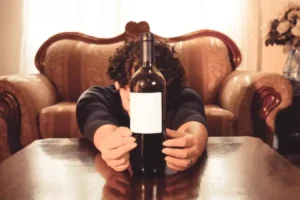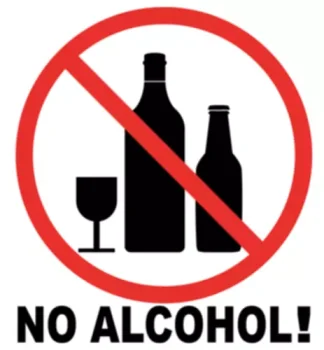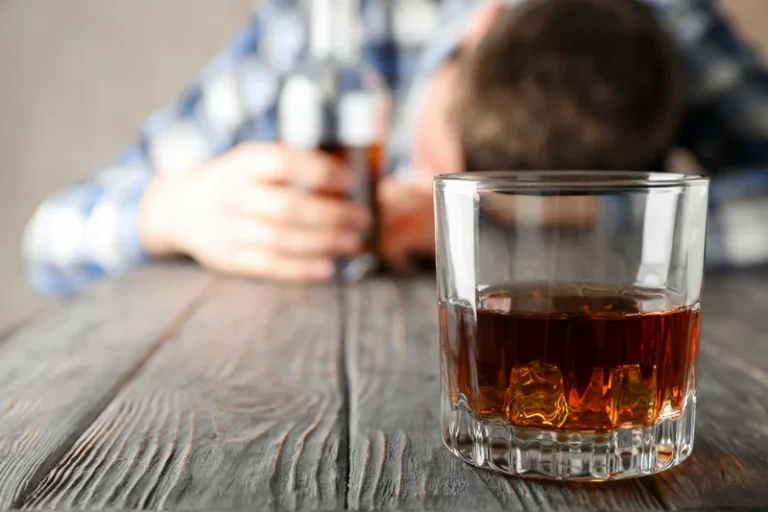Understanding Relapse and The Risks

If you’ve gone through addiction treatment, you still have the knowledge and tools to help you deal with triggers, cravings, and risky situations. Recovery routines and techniques help people https://ecosoberhouse.com/ feel comfortable in their sobriety and offer constructive outlets for excess energy. When we get too complacent or allow the ego to get too loud, we cut back on those protective layers.

Graduate School of Addiction Studies
One of the best approaches to this is to learn to expect disappointment so you can be prepared for it. Maintaining unrealistic expectations will only ever lead to negative feelings when things don’t turn out perfect for those in recovery. It can begin with an emotional relapse, followed by mental and then physical relapses. Awareness of thoughts, feelings, and behaviors can be indicators of where someone is and what they may need regarding recovery. Warren is a Licensed Master Social Worker, who specializes in substance abuse and mental health treatment.
Work Toward a Balanced, Healthier Lifestyle

In reality not everyone who enters rehab will be doing so with gusto. It’s important to understand that the emotions of someone going through recovery are likely to be a maelstrom. Those who suffer from depleted dopamine after detox may experience negative emotions for a long time. Many people suffering from addiction also deal with depression. Sometimes the negative feelings that crop up every now and then never go away.
- While relapse is sometimes expected, it should still be taken seriously.
- Expectations are important to have, as they guide your progress in addiction recovery.
- While most people can achieve lasting recovery with the help of addiction treatment services, relapse is often part of that process.
- Relapses don’t signify failure; they offer opportunities to learn and strengthen your recovery strategy.
- The term “lapse” describes a brief slip-up where a person might drink or use drugs, but a relapse describes slipping back into habitual or consistent substance use.
- In this section, we’ll unveil the different phases individuals may go through before experiencing setbacks.
Get Help Setting Realistic Expectations for Your Addiction Recovery

If you or someone you know experiences a relapse, there are things that you can do to cope and get help.
- This blog is for informational purposes only and should not be a substitute for medical advice.
- Even some treatment programs take a hard line on participants who relapse.
- When we get too complacent or allow the ego to get too loud, we cut back on those protective layers.
- This connection between trauma and addiction makes it crucial to address both issues simultaneously.
- According to the Substance Abuse and Mental Health Services Administration, CBT can reduce relapse rates by up to 60 percent when compared to traditional treatment methods.
- Relapse isn’t a sudden event; it is a process that occurs over a period of time which can range from weeks to even months.
- If you’re struggling with shame around your relapse, don’t lose hope.
- Relapse is an obstacle on the path to recovery, but it’s an obstacle that can be overcome.
- Addiction causes significant psychological changes to the brain.
This is called “calculating reality.” The holiday season won’t be the same as it was when you were a child. Your awareness will help lower your expectations and enable you to forgive yourself and others. Instead of going in on the defensive, take the offensive and consider what to do after a relapse what the right thing to do in the situation is. Friends, family members, and other sober people can help you cope with relapse. They can act as a constant source of positive influences and guidance. It can show you what you need to change to recover successfully.


From emotional relapse to mental relapse and physical relapse, we’ll explore the psychological and physical challenges one may encounter along the way. So, fasten your seatbelts as we take a deep dive into the stages of relapse and arm ourselves with knowledge and strategies to overcome them. Some people can overcome physical dependence to a drug without committing to living a healthy life in recovery. Dry drunks, for example, are sober people in recovery who continue to engage in risky behaviors that increase their risk for relapse. Signs of a dry drunk include attending bars, refusing to seek therapy and obsessing over alcohol.
When it comes to overcoming setbacks and challenges in recovery, it’s crucial to address and prevent relapse. In this section, we’ll dive into practical strategies that can make a real difference. From developing a personalized relapse prevention plan to discovering effective coping techniques, we’ll equip you with the tools you need. Additionally, we’ll explore the power of building a strong support network, providing you with invaluable resources on your journey toward long-term recovery. If you’re struggling with shame around your relapse, don’t lose hope. Understanding that relapses are often a part of the recovery process releases the shame around making mistakes.
Recovery Coaching
Some people attend support groups for their entire lives and find happiness in supporting others trying to overcome addiction. Others surround themselves with protective factors that motivate them to stay sober. They find stable employment, start a family or engage in healthy hobbies. Once the danger of overdose is removed, you should reach out to your support system and find a safe living environment. The immediate goals should be to remove access to alcohol or other drugs, shield yourself from negative influences including friends who drink or use drugs and begin to search for addiction treatment.
Don’t let this discourage you from reaching out and trying again! There are treatment methods and paths you can take that will dramatically lessen the odds of you relapsing or slipping. These include sober living homes, making sure you complete the entire rehab stay at your doctor’s behest, and maintaining a therapy schedule. This is simply a speedbump on the path to a lasting recovery. Many movies and shows make it seem like once you go through detox you’ll come out feeling great and ready to take on the world.
- People who maintain sobriety for several weeks or months become much less tolerant than they were in the past.
- What’s most concerning is that unrealistic expectations can set you up for relapse.
- This could happen when they mistakenly drink alcohol thinking they were being given a non-alcoholic beverage at a party.
- Trace your steps and consider what you can change and prevent in the future.